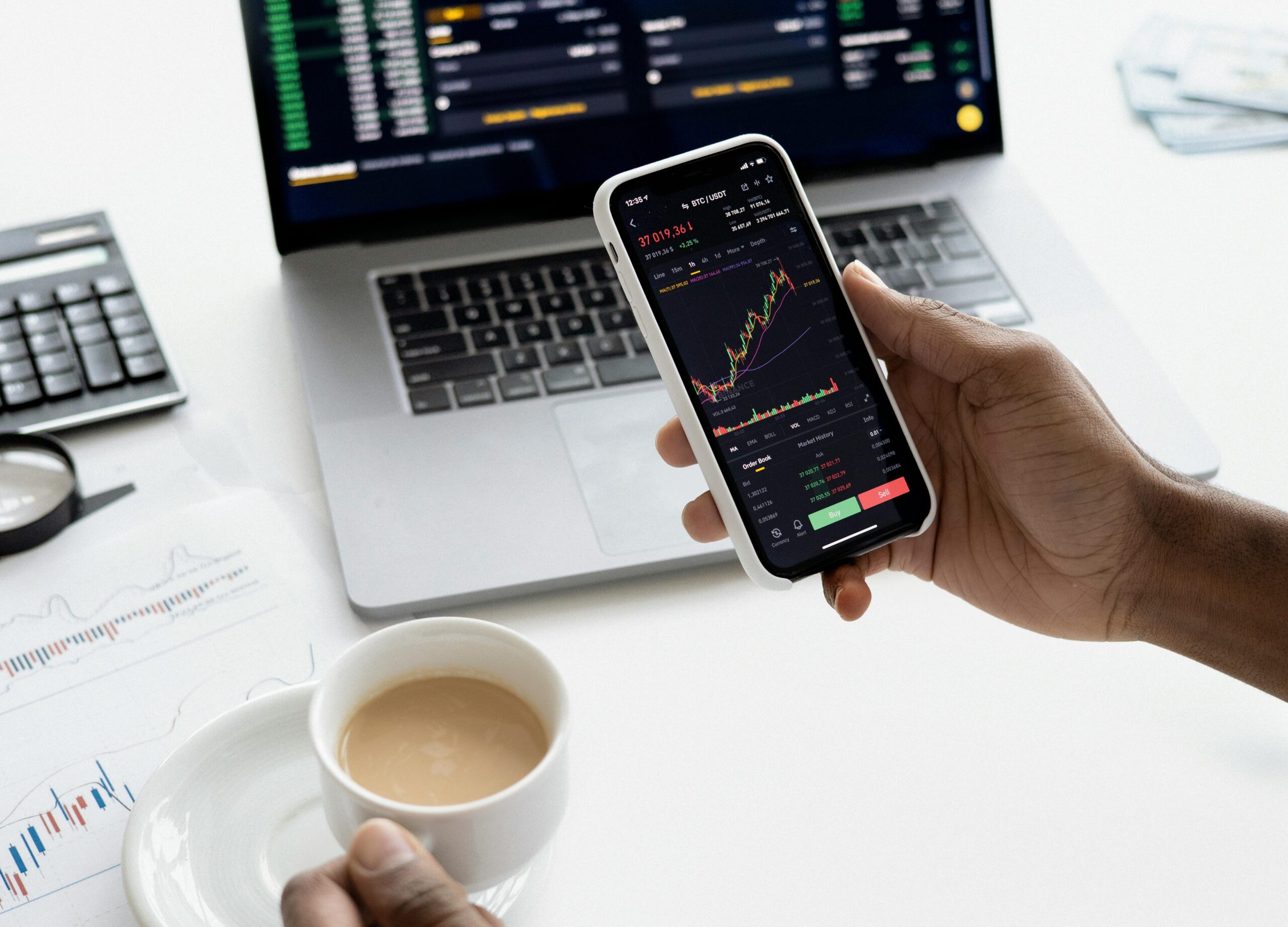 Nigeria’s financial markets have undergone significant transformation in recent years. As the economy evolves, investors are increasingly turning to sophisticated trading methods, such as indices trading. An index measures the performance of a group of assets, and indices trading involves buying or selling these indices based on market movements. In Nigeria, this form of trading is gaining popularity, allowing both retail and institutional investors to gain exposure to a broad range of assets without purchasing individual stocks.
Nigeria’s financial markets have undergone significant transformation in recent years. As the economy evolves, investors are increasingly turning to sophisticated trading methods, such as indices trading. An index measures the performance of a group of assets, and indices trading involves buying or selling these indices based on market movements. In Nigeria, this form of trading is gaining popularity, allowing both retail and institutional investors to gain exposure to a broad range of assets without purchasing individual stocks.
What is Indices Trading?
Indices trading is a form of online trading and involves the buying and selling of financial instruments based on the performance of a specific index, such as the Nigerian Stock Exchange (NSE) 30 Index, which tracks the performance of the 30 largest companies in Nigeria. These indices represent the overall market sentiment and offer traders a way to profit from market trends without the need to analyze or pick individual stocks. Indices can represent various sectors, such as technology, energy, or financial services, and may even encompass broader markets, such as emerging or developed market indices.
For Nigerian traders, indices trading presents an opportunity to participate in global and local markets, allowing them to diversify their portfolios and hedge against risks. More and more Nigerians are looking for an index trading platform where they can trade safely.
Growth of Indices Trading in Nigeria
The rise in interest in indices trading in Nigeria is a reflection of the growing sophistication of the country’s financial markets. The introduction of online trading platforms and the increasing use of digital financial tools have made it easier for Nigerian traders to access global markets. This accessibility, combined with the growing adoption of indices trading by major financial institutions and hedge funds, has led to a steady increase in trading volumes in Nigeria. As more Nigerian investors look for ways to diversify their portfolios and maximize returns, indices trading offers a lower-risk entry point into global markets compared to trading individual stocks.
The Role of the Nigerian Stock Exchange (NSE)
The Nigerian Stock Exchange (NSE) plays a key role in the local indices market, with key indices like the NSE 30 Index, which tracks the top 30 listed companies. These indices serve as benchmarks for the Nigerian economy and provide a way for investors to trade based on the overall market performance. While stock trading has traditionally been the focus, there is a growing interest in indices trading, as it allows investors to capture the broader market’s performance without relying on individual company risks.
The NSE has made strides to improve the trading environment by offering advanced digital trading tools, thereby attracting more institutional and retail investors to participate in indices trading. By doing so, the NSE aims to boost liquidity and create a more robust trading ecosystem in Nigeria.
Global Indices and the Nigerian Market
The Nigerian Stock Exchange (NSE) plays a key role in the local indices market, with indices like the NSE 30 Index, which tracks the top 30 listed companies. These indices serve as benchmarks for the economy and offer a way for investors to trade based on overall market performance. While stock trading has traditionally been the focus, growing interest in indices trading allows investors to capture broader market trends without relying on individual companies.
However, global indices trading comes with its own set of challenges. Nigerian traders must consider exchange rate fluctuations, as currency risks can affect returns on investments. In addition, the liquidity and volatility of foreign markets can create both opportunities and risks for traders in Nigeria. Therefore, traders must understand how these indices behave and what factors influence them to make informed decisions.
Opportunities and Benefits of Indices Trading in Nigeria
One key advantage of indices trading in Nigeria is diversification. By investing in an index, traders can spread risk across multiple assets, rather than relying on a single stock. This makes indices a safer option for minimizing risk while still benefiting from market growth. Indices trading also provides access to global markets, appealing in an interconnected world.
Another benefit is liquidity. Indices, especially those tracking major companies, are highly liquid, allowing for easy buying and selling. This ensures quick execution of trades. Finally, indices trading offers leverage, allowing Nigerian traders to amplify returns by borrowing funds. While this increases both potential profits and risks, it’s an attractive option for experienced traders confident in their analysis.
Challenges in Indices Trading in Nigeria
Despite the opportunities, indices trading in Nigeria comes with its own set of challenges. One of the primary hurdles is the lack of investor education. While the concept of indices trading is straightforward, it requires a deep understanding of how markets work, how to analyze indices, and how to manage risks. Without proper education and training, traders are at risk of making uninformed decisions that could lead to significant financial losses.
Another challenge is the relatively small size of the Nigerian financial markets. While Nigeria is one of the largest economies in Africa, its stock exchange and indices market are still developing compared to more established global markets. This can result in lower liquidity, which could affect the ease of executing trades. Nigerian traders may also face challenges related to internet access, as reliable and fast internet connectivity is crucial for successful online trading.






